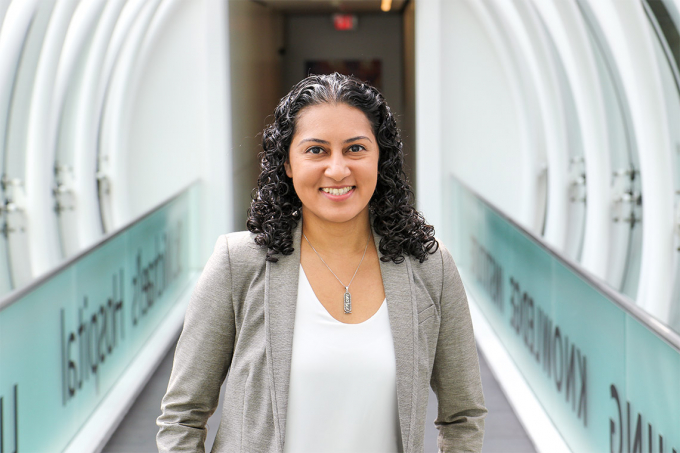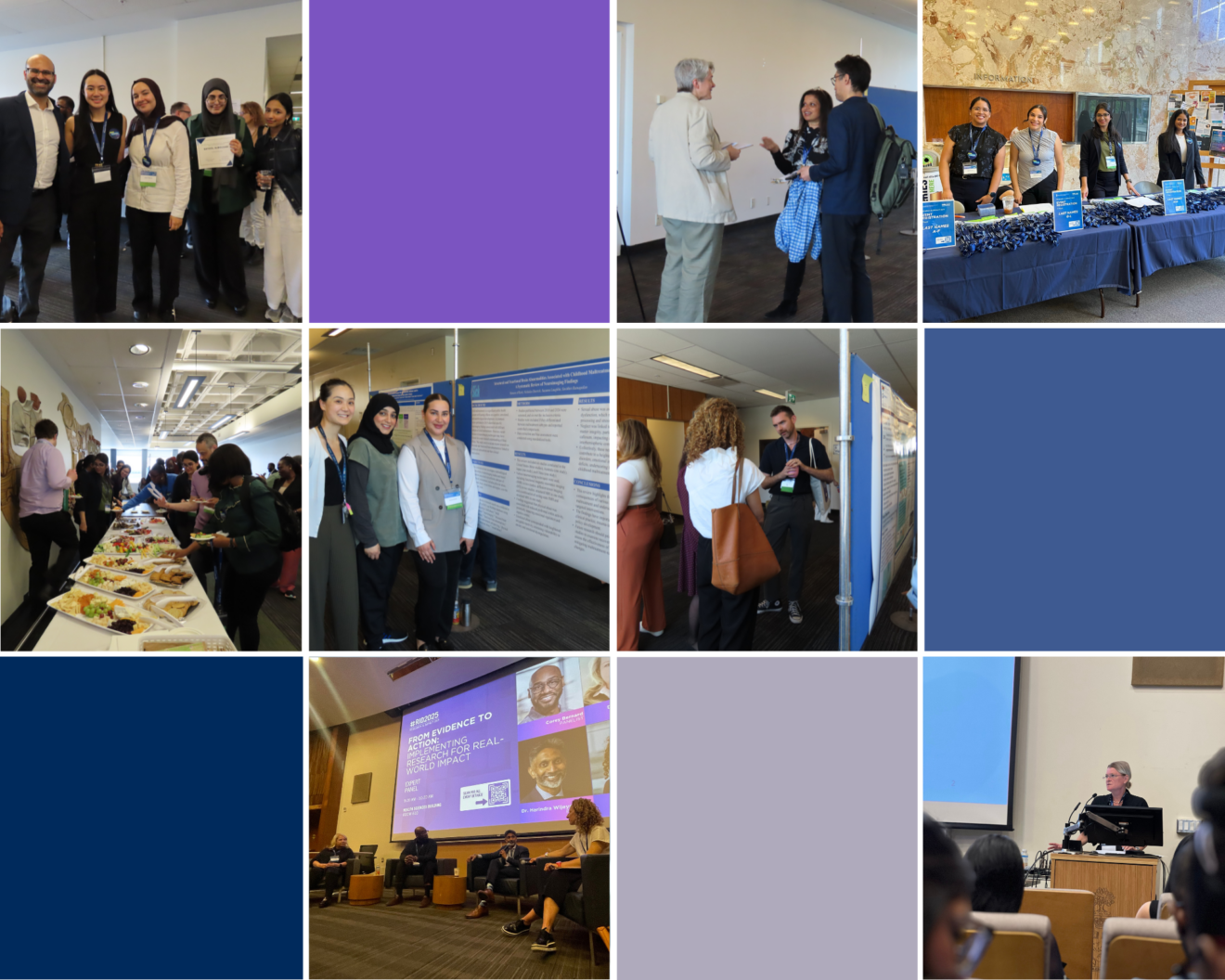
By Alisa Kim
When Dr. Fahima Dossa learned she had received this year’s Governor General’s Gold Medal for academic excellence, her first thought was to contact her PhD supervisor, IHPME Professor Nancy Baxter.
“I remember opening the email and thinking to myself, I should send this to Dr. Baxter because I don’t know who would be more excited about it out of the two of us,” says Dossa, with a smile.
The most prestigious award bestowed on students in Canada, the Governor General’s Gold Medal is given to individuals with the highest academic standing at the graduate level. This is the second consecutive year in which a trainee at IHPME has been awarded the Governor General’s Gold Medal. In 2021, Dr. Kieran Quinn received the honour.
Dossa, who completed her PhD in the Clinical Epidemiology and Health Care Research program, was recognized for the exceptional quality and originality of her research. Her dissertation, which she defended in November 2021, is on the systemic factors that influence the earnings and use of the surgical workforce in Ontario. Studies out of the U.S. show there is a gender pay gap that is most pronounced in surgery, notes Dossa, who is going into her final year of residency in general surgery. Her research examines the differences in pay between male and female surgeons in Ontario’s fee-for-service system and how those differences arise.
“When we think of fee-for-service, we think of a system that theoretically should be free of bias. This work involved a fairly deep dive into the factors that were driving those differences. We showed those differences were not arising because women hadn’t been in practice for as long or were less skilled; rather, we saw true signals of gender inequity and bias against women in surgery,” says Dossa, who published a study in JAMA Surgery that shows male doctors in Ontario disproportionately refer patients to male surgeons.
Dossa’s research is receiving widespread—and well deserved—recognition, but that wasn’t always the case, says Dossa’s mentor Baxter. Addressing something other than the ‘wicked’ problem of the unequal treatment of women would have been far easier, she says.
“Dr. Dossa had to deal with biased reviews from journals and warnings from her mentors that doing this research would negatively affect her career,” says Baxter. “She did not let this stop her and produced an outstanding, rigorous, and important body of work for her PhD dissertation. As her supervisor, having this work recognized as truly exceptional by being awarded the Governor General’s Gold Medal is a career highlight. I could not be more proud.”
In reflecting on her journey, Dossa says hearing the stories of female doctors who have experienced gender bias in their careers has been both difficult and inspiring. “I’m extremely grateful to people for sharing their stories because ultimately, it’s those stories that motivate this kind of work and make it meaningful, and I hope to create change through this work. But it’s also difficult to hear that so many women in surgery have these stories and continue to have these stories even today.”
Dossa says while it is important to address the gender wage gap, she hopes her work raises a larger issue. “I think what this work highlights is something that goes well beyond pay—how we value women in medicine. As people look at the body of work, I don’t want the focus to be one of remuneration or to say, ‘All that needs to be done is women need to be paid more.’ I think the focus needs to be: how do we value women equally in medicine and in surgery, particularly?”
Related News

Sign up for IHPME Connect.
Keep up to date with IHPME’s News & Research, Events & Program, Recognition, e-newsletter.
Subscribe to Connect Newsletter
Get in Contact
Communications
Marielle Boutin
Email Address: ihpme.communications@utoronto.ca





